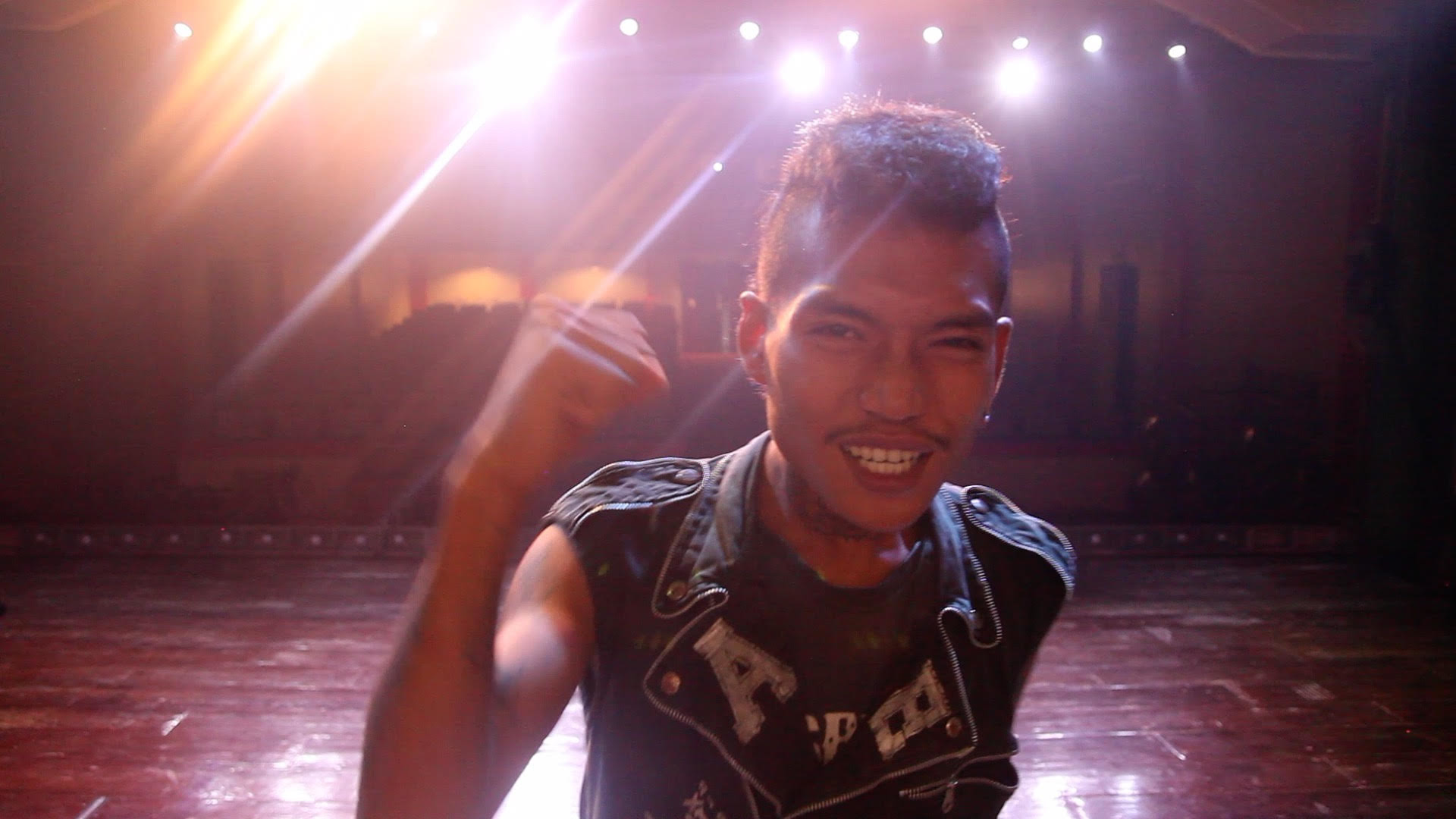Hot Docs 2019
Maxima
(USA, 88 minutes)
Dir. Claudia Sparrow
Programme: Persister (World Premiere)
Spanning seven years, from 2011 to 2018, Claudia Sparrow’s documentary focuses on its eponymous heroine to expose the horrific abuse of vulnerable human beings for the sake of profit and power. Máxima Acuña is a Peruvian woman, who with her husband Jaime scraped together enough money to buy land in the nation’s High Andes. She and her family have survived by raising animals and growing most of their own food. With grace, they work the land, do household chores, and take pleasure in natural beauty.
Máxima has a distinctive presence in her poncho and wide-brimmed sombrero. Sparrow’s long shots of her in the Andean landscape visualize her harmony with herself and nature, which she also expresses in her words and songs. Her calm, measured way of being sets the film’s tone. The doc arouses anger, but without inflammatory rhetoric.
The mountains have been scarred by the Yanacocha Gold Mine, which is majority owned by the US company, Newmont, and it’s depleted. The company wants to blast out a new one, and to do that they need Máxima’s precious land. With total indifference to the human beings who don’t just depend on it, but love it and want to protect it, they bring out the heavy artillery. She has proof of ownership, but they somehow deny its validity.
From the point of the eviction notice on, Sparrow follows Máxima’s tortuous struggle to hold on to what is hers and save the land and shimmering lakes from the toxic waste the so-called “Conga Project” will impose. “We want water, not gold,” she says. Probably the company, supported by the World Bank in a phony gesture of combating poverty, thought Máxima would be a pushover, not someone who believes, “We have the duty to defend our rights, land, what God gave us.”
Sparrow’s documentary is not particularly innovative as filmmaking. Its straightforward through-line assembles interviews, footage of characters in action, direct-to-camera scenes, and cell phone captures of brutal attacks on the family.
The film reveals a cesspool of bribed government officials and cops working for Newmont on their days off. Houses are destroyed; Máxima’s daughter and husband are beaten up. Máxima gets hit by fines and jail sentences. When her activism becomes widely supported, the apparently sympathetic Justice Minister offers protection, and never shows up again. Peru has one of the worst reputations in the world for human rights abuses.
We follow Máxima through an endless succession of court cases and appeals. She has her first bewildering big city experiences in Lima and Washington. When she finally seems to win, goons invade her land and burn her crops. Surveillance drones fly overhead. At one point, she is preposterously accused of attacking cops. “It’s a slow death sentence,” Máxima says.
In the end, it’s Máxima Acuña’s presence that gives the film its power. The little woman in the sombrero and poncho whose courage and will to continue her struggle will never be defeated.
Visit the POV Hot Docs Hub for more coverage from this year’s festival!
Update: Maxima screens at the 2021 Human Rights Watch Film Festival, which runs Feb. 18-22.









